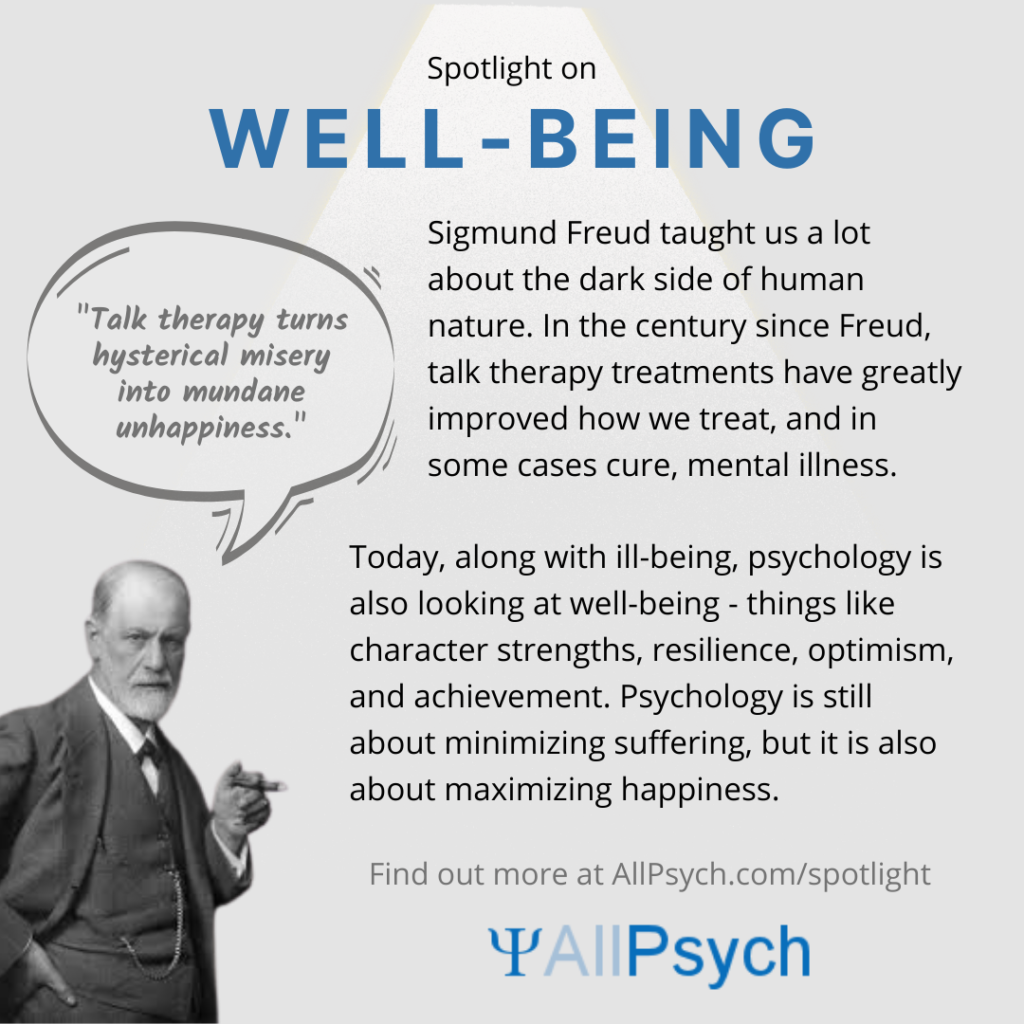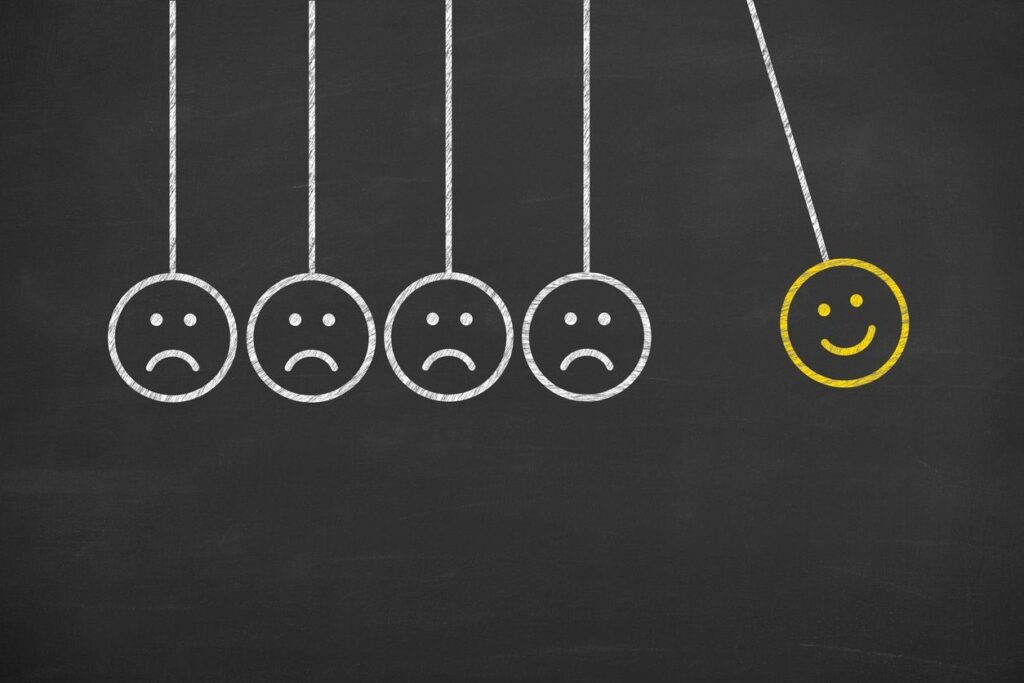Posts Tagged ‘Well-Being’
We are More Lonely than Ever. Find out Why and How to Counter It.
We are more connected and more lonely than ever. And this seems to be true across sex, age, race, and income. The COVID-19 pandemic has played a significant role in fostering disconnection among individuals, leading many of us to be less inclined to re-engage socially at the same level as before. Loneliness doesn’t typically travel…
Read MoreSocial Media and Self-Esteem
A recent article published in Science Direct looked at the association between social media use and mental health among adolescents. The impact of social media on mental health is certainly not a new topic. Neil Petersen wrote about envy as a mediator of mental illness among social network users, how social media affects life satisfaction…
Read MoreStoic Philosophers – The First Cognitive Behavioral Therapists
When we think of philosophers, names like Socrates, Plato, and Aristotle often come to mind. For psychology, this makes a lot of sense since we use Socratic Questioning, documented by Plato, as an important component of Cognitive-Behavior Therapy (CBT). Aristotle was the first to write about the mind-body connection. But the first approach to self-help…
Read MoreSpotlight on Well-Being: We’ve Come a Long Way since Freud
Sigmund Freud Just as the world was preparing to enter the 20th century, Sigmund Freud was preparing to shock everyone with talk of unconscious drives focused on sex and aggression. He published Interpretation of Dreams in 1899 and started the professional psychology movement. 100+ years later psychology as a discipline has shed light into the…
Read MoreBrief History of Positive Psychology (Part 2)
Continued From Part 1… But Wait, There is Good News Remember, Csikszentmihalyi found that teenagers can be unhappy and can see life through their suffering, but he also found an interesting exception. When teenagers focus their energies on tasks that are challenging, their mood is more upbeat. In other words, he found evidence of when…
Read MoreWell-Being and the Five ‘Happy’ Lives
Well-Being and The PERMA Model Seligman (2011) argues that well-being is enhanced through thriving in one or more pillars of well-being. His model, often referred to as the PERMA Model, consists of Positive Emotions, Engagement, Relationships, Meaning, and Accomplishment (or Achievement). The more we thrive in each of these, the higher our well-being, according to…
Read MoreYour Personality Might Have Implications for Your Cat’s Wellbeing
It’s well-known that parents’ personality characteristics can influence their children. But a new study suggests that the same might also be true of cat parents. In the study, researchers in the United Kingdom surveyed 3,331 cat owners. They asked the cat owners both about their own personality traits and about the health, wellbeing and behaviors…
Read MoreAdverse Childhood Experiences Influence Life Satisfaction in Adulthood
We know that childhood experiences lay the foundation for mental health in adulthood. But is it possible to determine what consequences a single traumatic event in childhood might have for long-term psychological wellbeing? For an individual, the answer is no, at least for now. For groups of people, though, it’s possible to look at how…
Read MoreChildren With Warm Parents Flourish as Adults
What makes a good parent? That’s a complex question, maybe an impossible one. But warmth doesn’t seem to hurt. A new study from researchers at Harvard University suggests that children who experience more parental warmth go on to flourish in middle age. In the study, adults across the United States were asked to recall how…
Read More








